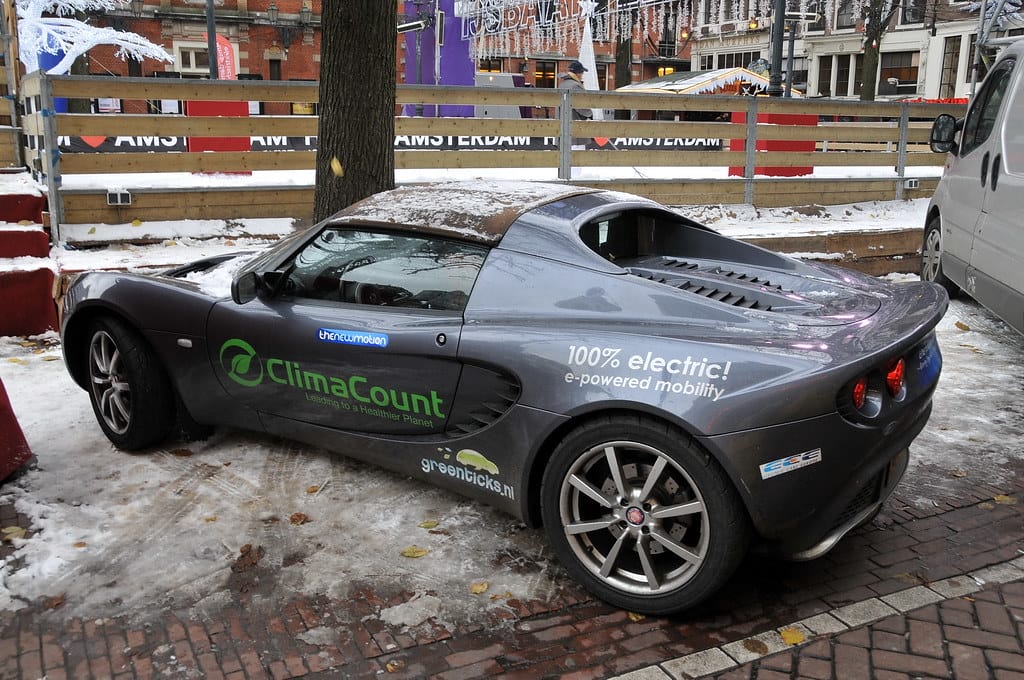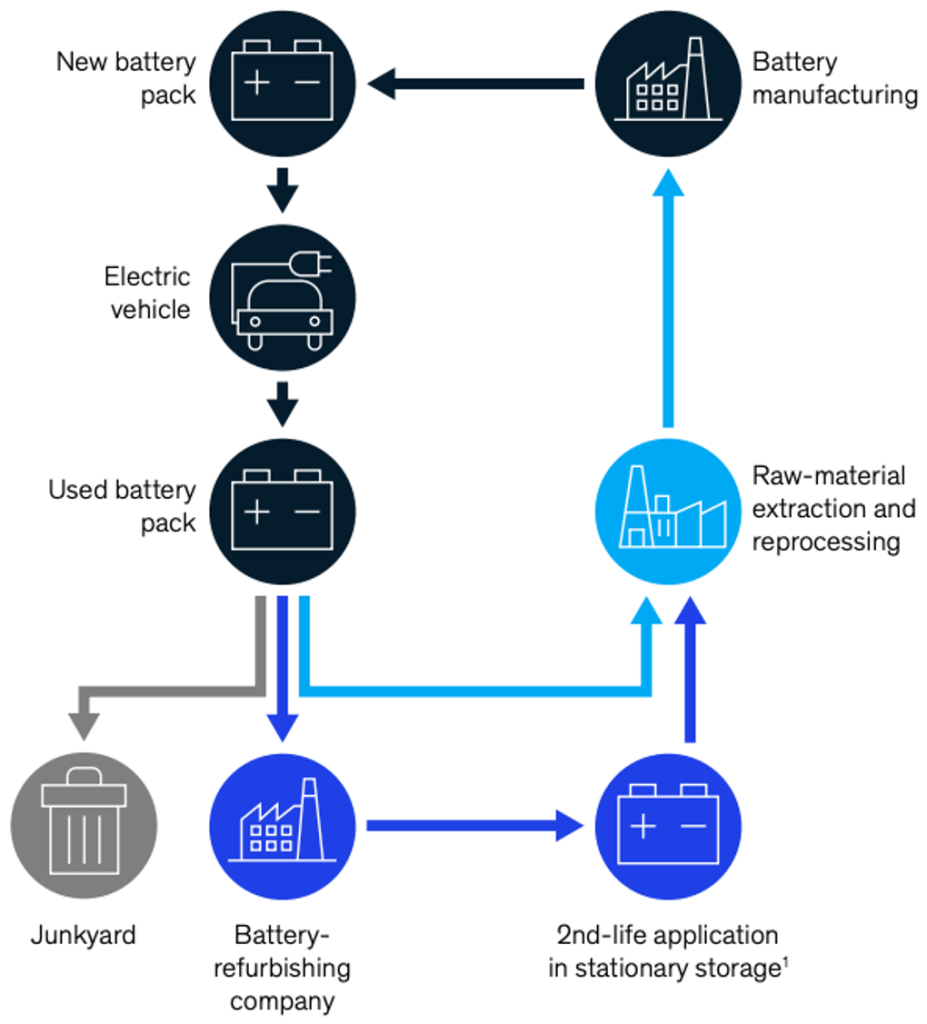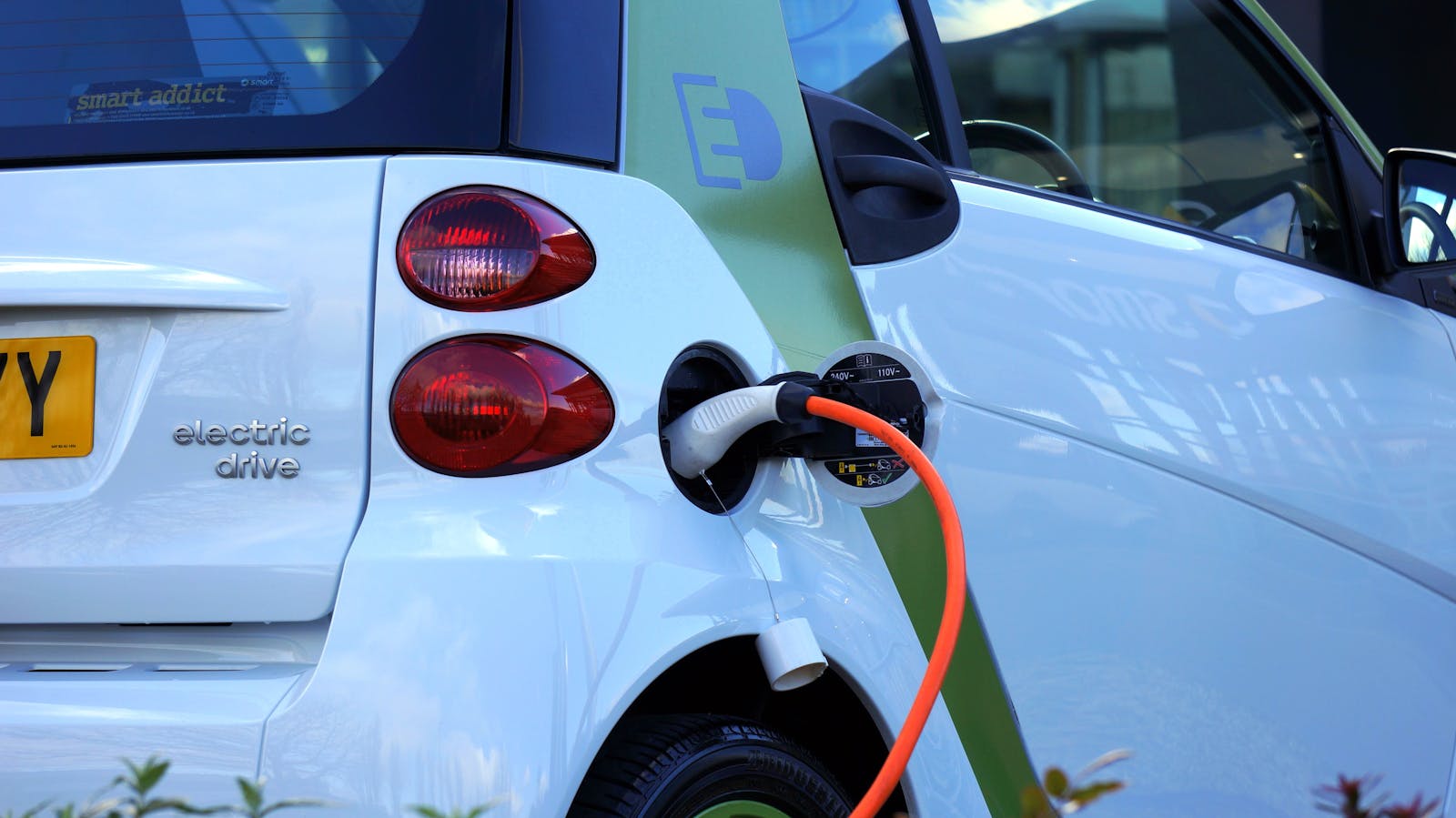Over 10 million electric vehicles (EV’s) were sold globally in 2022, and that number is expected to jump by 35% to reach 14 million by 2024.
This might sound like a victory for the planet, but the truth is, their impact on the environment is more complicated than it seems.
Sure, EVs don’t emit CO2 like traditional cars, but the electricity they use and the batteries that power them come with their own set of issues.
I’ve been really curious about this topic lately, especially with all the talk about making greener choices.
So, are electric cars the eco-friendly champions they’re made out to be, or is there a side to them we need to consider more closely?
Let’s take a closer look at what sustainability means when it comes to our choices in transportation.
TL;DR
- Electric vehicles reduce emissions and pollution, contributing to a greener future.
- Battery production and recycling pose environmental challenges that need addressing.
- Innovations in battery technology aim to enhance electric cars’ sustainability.
- Collaborative efforts are crucial to overcome sustainability hurdles of electric vehicles.
Understanding Electric Vehicles

Electric cars are super cool because they don’t release any nasty gases from their tailpipes, making our cities cleaner and fresher. And believe it or not, the first electric vehicle was invented way back in 1832 [Bankrate]. That’s even earlier than the gasoline-powered car!
These cars are powered by batteries and are a big step towards helping our planet by cutting down on air pollution.
EV batteries are designed to last between 100,000 and 200,000 miles, which translates to roughly 15-20 years [EVBox]. That means they’re not just good for the earth; they’re also super efficient and use less energy than the cars we’re used to.
Plus, getting into an electric car is getting easier thanks to more places to charge them and some helpful nudges from the government like special deals and incentives.
All of this stuff makes electric cars an important part of moving us towards a greener future and fighting climate change.
Analyzing Emissions Across a Product’s Lifecycle
When we talk about the green side of electric cars, it’s super important to look at their whole life story, from when they’re made, to their days on the road, all the way to saying goodbye.
Here’s why electric cars are starting to lead the pack in being kinder to our planet:
- Making them: Yes, making electric cars creates more emissions at the start, but the cleaner air we get when they’re driven makes up for it over time.
- Driving around: Electric cars are way better for the air we breathe. They let out a lot fewer bad gases than old-school gas cars, especially if they’re powered by clean energy from things like wind or the sun.
- Saying goodbye: It’s really important to recycle them well when their road trips are over. This helps keep the planet happy.
What About Battery Production and Recycling?

When looking at electric cars, we find that making and recycling their batteries is a big deal for the environment.
These batteries need special materials and the process isn’t too kind to our planet.
But, we’re working on making things better. Electric cars are supposed to be good for the earth, but we need to get better at recycling their batteries to keep that promise.
The good news is, there’s a lot of smart folks out there working on ways to make batteries that are friendlier for the environment and figuring out how to give old batteries a new life in storing clean energy.
This could help make sure the cars of tomorrow don’t just follow the same old paths but instead, use materials in a smart way where everything gets recycled and used again.
Comparing to Fossil Fuel Cars
Choosing an electric car means you’re doing a big favor for our planet. These cars are not just quiet; they’re also way better for the environment compared to cars that run on fossil fuels. Here’s a quick look at why:
- They’re Low on Carbon Emissions: Electric cars produce about 200 grams (estimated) of CO2 per mile, which is way less than the over 350 grams that gasoline cars produce. It’s a big step in cutting down the stuff that heats up our planet.
- They Love Clean Energy: If you charge your electric car with energy from the sun or wind, you’re making its carbon footprint even smaller. It’s like giving the earth a helping hand toward a cleaner future.
- They Help Us Breathe Easier: By choosing electric, you’re cutting down on air pollution. This means cleaner air for us to breathe and a stronger fight against global warming. It’s a win-win for everyone.
- Electric cars win on maintenance costs! Their simpler design with fewer moving parts means less wear and tear, translating to fewer repairs and skipped hassles like oil changes. Battery replacements, though expensive, are rare as they last a long time (100,000-200,000 miles). So, while you might save on oil filters and spark plugs, the real win is on overall maintenance costs.
Comparing to Hybrid Cars

Are hybrid cars always better for the environment than traditional gasoline-powered ones?
It’s not that straightforward. Here’s why:
- Driving habits matter: Hybrids shine in city driving with lots of stops and starts but lose some advantage on long highway trips.
- Power source for plug-in hybrids (PHEVs): They can be eco-friendly with renewable energy but less so with fossil fuel-based electricity.
In the end, the “best” choice depends on your driving style and charging options.
So, Are EV’s Sustainable?
No, they are not (yet) a sustainable choice. To make electric cars truly good for our planet, we need to face up to the challenges that come with them, especially when it comes to making batteries and recycling.
Electric cars are a cool way to move away from cars that use gas or diesel, but making electric cars and their batteries does have some environmental downsides we can’t ignore.
It’s really helpful to use materials like manganese and iron to lessen these issues.
Also, if we get better at recycling old electric car batteries, we can make a big difference for the environment.
Car makers are coming up with clever ways to cut down on pollution while making cars, showing how important it is for experts, car companies, and government folks to work together.
This teamwork can help make electric cars even better for our planet. Eventually even making them a solid and sustainable option.



